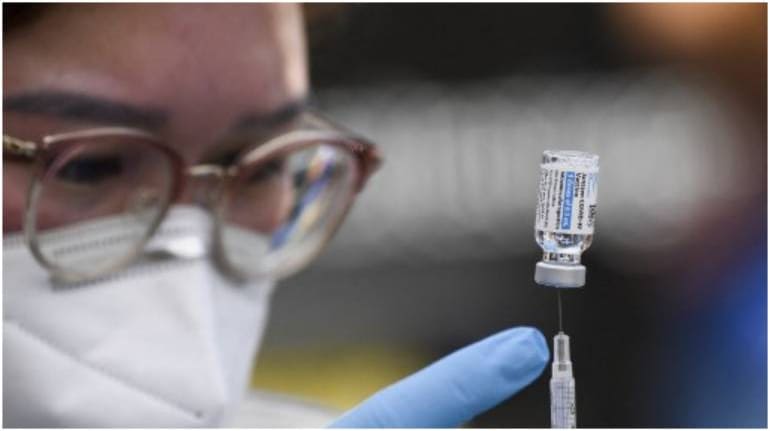



The National Technical Advisory Group on Immunisation (NTAGI) on April 29 recommended Covovax for use in 12-17-year-olds in India.
This is the Indian version of the COVID-19 vaccine, manufactured by the the US based Novavax.
According to the details, the Novavax had shown an efficacy of over 90 percent in the phase 3 clinical trials and is being produced in the Serum Institute of India.
ALSO READ: Covaxin approved for restricted emergency use in children aged 6-12 years
Until now, only Covaxin by Bharat Biotech is being offered for the 15-17 year age group while kids in the 12-14 year age group can avail Corbevax by Biological E.
However, there is no clarity if the Union health ministry will procure Covovax for the vaccination of adolescents though government vaccination centres, but it is likely that the vaccine may be made available at private hospitals.
In the meantime, Pune-based SII is yet to declare the per dose cost of the vaccine for India even though it has been exporting the vaccine in several countries beginning January this year.
Earlier on April 26, the Drugs Controller General of India (DCGI) granted restricted emergency-use authorisation to Bharat Biotech's Covaxin for children in the 6 to 12 years age group.
However, the regulator asked Bharat Biotech to submit safety data, including the data on adverse event with due analysis, every 15 days for the first two months and monthly thereafter up to five months.
The no objection certificate was granted to Bharat Biotech on April 25 after two-month-long deliberations on the recommendation given by the Subject Expert Committee on COVID-19 last week.
The government panel recently recommended approval of Biological E's Covid-19 vaccine Corbevax for use in children in the 5 to 12 years age group.
Discover the latest Business News, Sensex, and Nifty updates. Obtain Personal Finance insights, tax queries, and expert opinions on Moneycontrol or download the Moneycontrol App to stay updated!
Find the best of Al News in one place, specially curated for you every weekend.
Stay on top of the latest tech trends and biggest startup news.